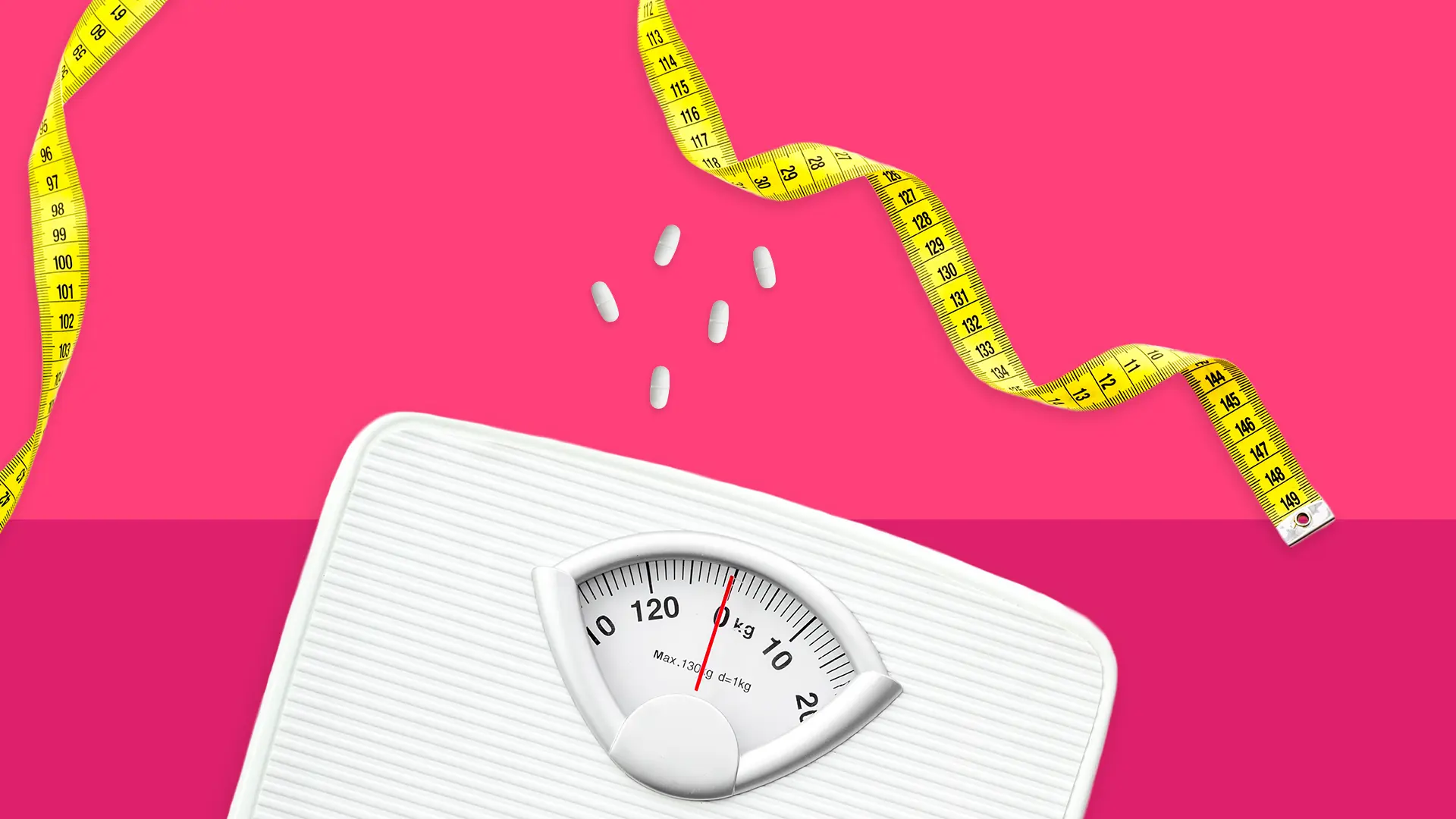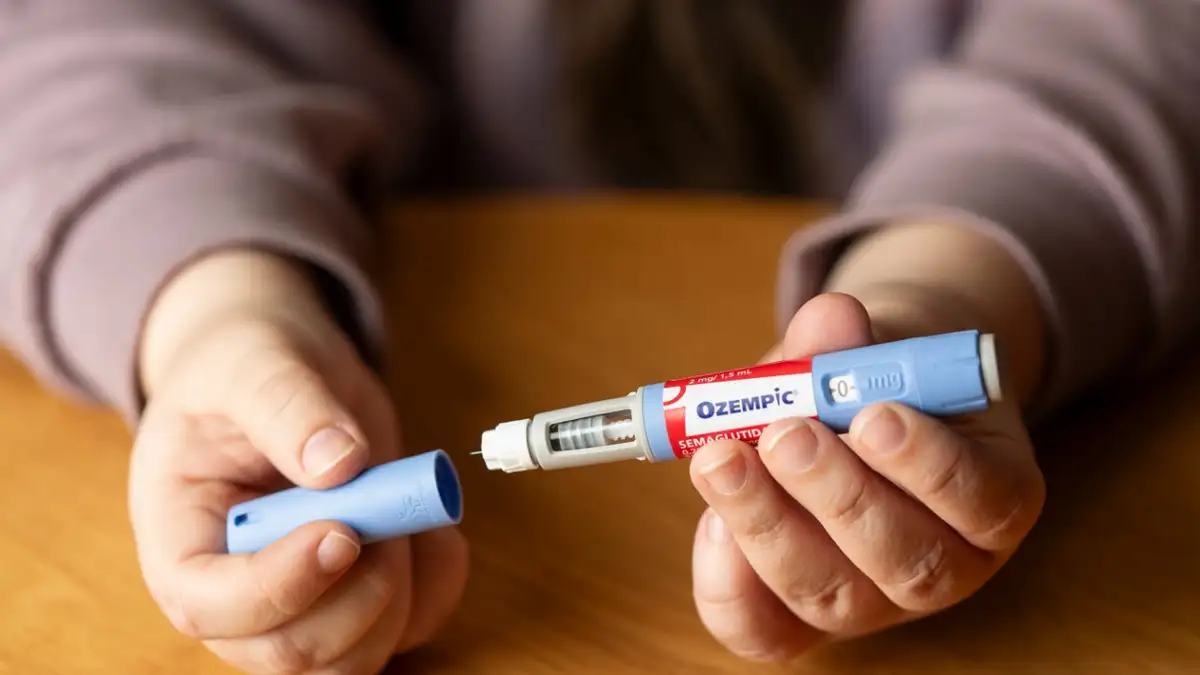
The HCG Diet Plan: Science, Risks, and Real Results

“I lost 20 pounds in just 3 weeks… but at what cost?”
That’s not the start of a success story—it’s the beginning of a serious question.
For anyone who’s ever struggled with stubborn weight, crash diets, or endless workout routines only to see minimal results, the HCG diet sounds like a dream come true
That is rapid weight loss, little to no exercise, and dramatic changes in just days. All you have to do is take a few hormone injections and eat next to nothing. Simple, right?
But as with most things in health and wellness, if it sounds too good to be true it probably is.
The HCG diet, which is short for Human Chorionic Gonadotropin, it first gained popularity in the 1950s and it has seen waves of resurgence over the years, especially through online forums, influencer testimonials, and even some weight-loss clinics.
Supporters swear by it, claiming it curbs hunger, melts fat, and reshapes the body.
Critics, on the other hand, raise serious red flags—calling the plan extreme, unsustainable, and potentially harmful. The FDA has even warned against over-the-counter HCG products, yet the diet persists, especially in the age of TikTok transformations and rapid “glow-up” culture.
So what’s really going on behind this dramatic weight-loss promise? Is HCG a legitimate shortcut to better health—or just another dangerous trend dressed up as a medical breakthrough?
In this article, we’ll break down the science behind the hormone, examine what doctors and dietitians actually say, and hear from real people who’ve taken the plunge—both those who swear by the results, and those who regret ever starting.
If you’ve been tempted by the before-and-after photos or considered taking the fast track to weight loss, read this first.
What Exactly Is HCG?
The Hormone Behind the Diet
HCG (Human Chorionic Gonadotropin) is a pregnancy hormone that:
- Facilitates fetal development
- Stimulates the ovaries
- Initiates the release of stored fat for the energy needs of the mother
During the 1950s, Dr. Albert Simeons speculated that HCG would also mobilize fat reserves for loss of weight quickly-even in non-pregnant adults-if combined with an ultra low-calorie diet (~500 calories/day).
So the HCG diet came into being.
How the HCG Diet Works
The Protocol
There are two major aspects to the diet:
- Administration of HCG
- * Typically by way of daily injections, drops, or pills
- * Said to reduce hunger and preserve lean muscle mass
- Very Low-Calorie Diet (VLCD)
- * Strict 500–800 calories per day
- * Typically high-protein, low-fat, no sugar
⚠️ Important: The calorie deficit alone causes weight loss. The real question is: Does HCG do anything extra?
What the Science Says: Does HCG Actually Work?
- * Various clinical trials demonstrate no considerable difference between individuals who use HCG and those using a placebo while both use the same low-calorie diet.
- * A 1976 American Journal of Clinical Nutrition study reported that HCG had no benefit in weight loss or satiety control over placebo.
- * The FDA does not sanction HCG for weight reduction and requires it to be labeled as useless for dieting.
✅ Verdict: The dramatic weight loss observed in HCG diets is primarily a result of starvation-level caloric intake, not the hormone itself.
Risks and Side Effects of the HCG Diet
Physical Risks
- * Electrolyte disturbances
- * Gallstones due to rapid weight loss
- * Muscle loss and metabolic slowing
- * Fatigue, dizziness, or fainting
- * Abnormal heartbeat in extreme cases
Hormonal Risks
- * Interference with natural hormone levels
- * In women: irregular periods
- * In men: gynecomastia (enlargement of the breasts)
❗The FDA cautions: “HCG is not approved for weight loss. Products sold as HCG for dieting are illegal.”
Real-World Outcomes — “Yes, I lost weight quickly. But I gained it back even quicker.”
Customer Review:
“I lost 25 lbs in a month on the HCG diet. But as soon as I went back to eating normally, I gained 18 lbs back in six weeks. I was weak, cranky, and always thinking about food. Never again.”
— Lindsay M., 42
Why Do Some People Still Swear by It?
Because the results are immediate:
- * Most users lose 1–2 pounds/day
- * The quick visual transformation can be extremely encouraging
- * Some report suppressed appetite on HCG
- But let’s separate short-term pleasure from long-term well-being.
⏳ Most rapid weight loss results in muscle loss, nutrient deficiencies, and yo-yo dieting.
Safer Alternatives for Fast Fat Loss
If you’re seeking effective fat-loss solutions without the risks:
- * GLP-1 receptor agonists such as Ozempic or Wegovy
- * High-protein intermittent fasting
- * Resistance training with metabolic conditioning
- * Stress and cortisol control
- * Personalized calorie and macro planning
FAQ – The HCG Diet Plan
Q1: Is the HCG diet FDA approved?
No. The FDA has designated HCG diet products as unapproved and even harmful.
Q2: Are HCG drops effective?
There is no evidence that oral HCG (drops or sprays) can influence fat loss. Most outcomes are a result of caloric limitation.
Q3: Can I exercise on the HCG diet?
Strenuous physical exercise is avoided because of the very low calorie diet, which can lead to dizziness or weakness.
Q4: Does HCG burn fat or muscle?
Weight loss on the HCG diet is primarily composed of fat loss but also involves some muscle loss if not monitored tightly. HCG preserves some lean mass, but there is limited evidence.
Q5: Can HCG mess with your hormones?
Yes. HCG can affect the hypothalamic-pituitary-gonadal axis, leading to endocrine side effects particularly with long-term use.
Final Thoughts — Quick Fix or Long-Term Risk?
The HCG diet may seem like a dream for fast fat loss, but the science is clear: the risks far outweigh the benefits.
If you’re serious about sustainable results, don’t chase quick drops on the scale. Instead, build a foundation of balanced nutrition, evidence-based tools, and emotional resilience.
“I broke the habit of taking shortcuts—and that’s when things really began to change.” — Ethan L., lost 40 lbs in 6 months through lifestyle change
You may also like
Adding {{itemName}} to cart
Added {{itemName}} to cart



